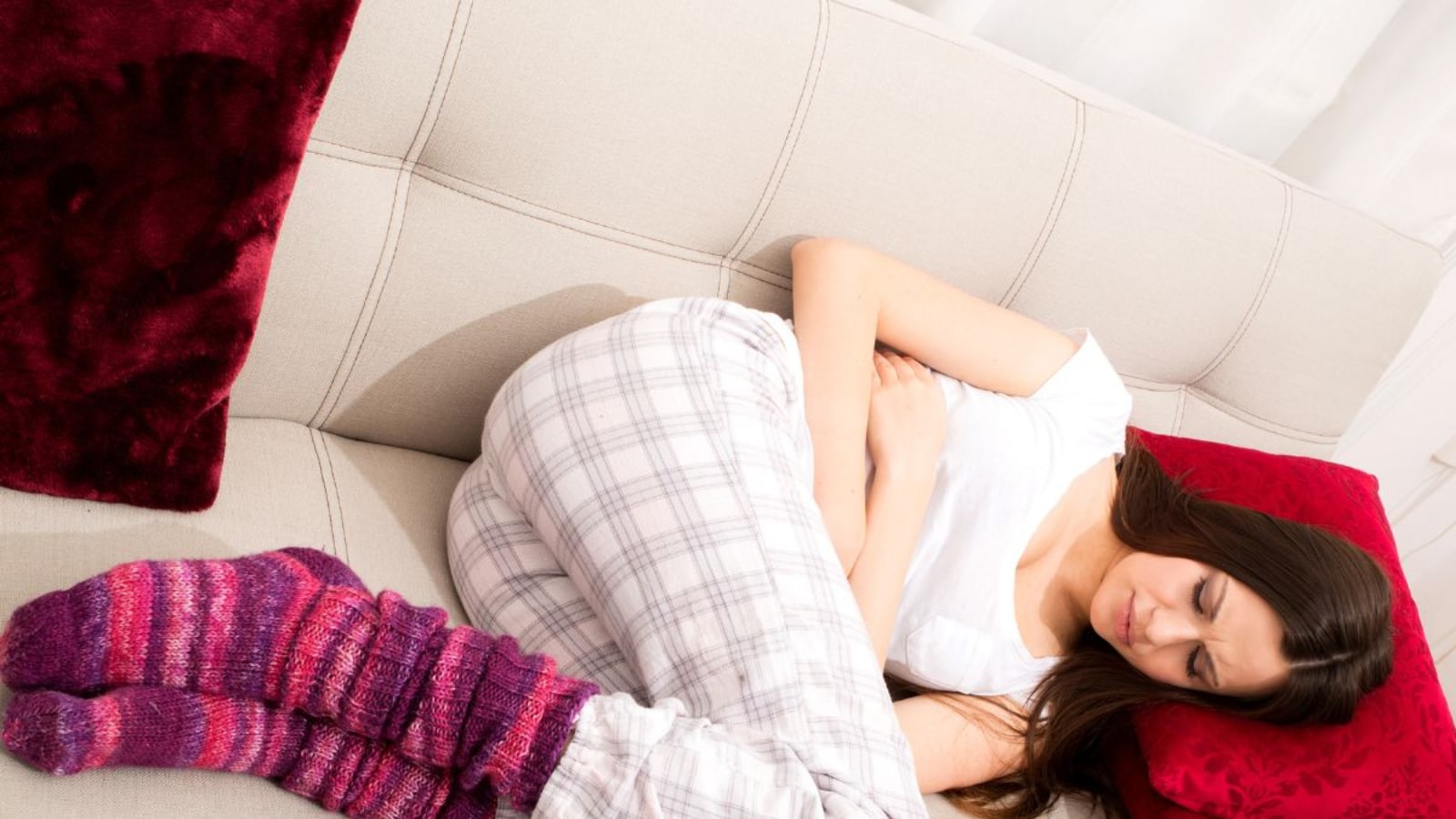How Does Winter Affect Your Menstruation Cycle? Time To Find Out
Last Updated: January 12, 2023, 14:49 IST

Insufficient Vitamin D and sunlight cause a deficiency in calcium, which can cause PMS.
Your blood vessels will stiffen when the temperature drops, resulting in a more restricted blood flow channel and period pain.
It’s likely that the winter months might have an impact on your menstrual cycle. According to a 2011 study by the National Library of Medicine, ovulation occurs more frequently and periods are 0.9 days shorter in the summer than in the winter, due to higher hormone release. The experts examined how the winter season affects your periods, and what you can do to lessen them. Let’s take a look at the symptoms or effects women can observe throughout their menstrual cycle during winter.
Hormonal imbalance
The thyroid and endocrine systems may slow down in the absence of sunlight. A slowing metabolism results from a slowed thyroid. As a result, your period will last longer, while your body adjusts to the sudden temperature swings.
Premenstrual symptoms(PMS)
Insufficient Vitamin D and sunlight cause a deficiency in calcium, which can cause PMS. We walk less and consume more during the winter. Premenstrual symptoms are more likely to worsen as a result, since your cycles become less predictable and controllable, than they would be in the summer, when we spend more time outside and are more active.
Period Pain
Your blood vessels will stiffen when the temperature drops, resulting in a more restricted blood flow channel and period pain. As a result, blood flow during periods may get obstructed, increasing period pain throughout the winter.
Menstrual cycle
Scientists have linked variations in the menstrual cycle to atmospheric pressure, air temperature, and sunlight during winter. When opposed to the summer, the secretion of the follicle-stimulating hormone is lower throughout the winter, and menstrual cycles are often longer. Additionally, the ovulation frequency drops sharply from 97% to 71%.
Ways to lessen these symptoms
The vessels can relax the cramping pain with the aid of a heating pad or hot water bottle. Yoga can also prove to be beneficial.
A warm bath or shower will help you relax and can also aid with pain relief.
A 20-minute massage around your lower abdomen, side and back may also be beneficial. A 2018 study by the National Library of Medicine has found that adding essential oils to this may offer extra advantages.
Read all the Latest Lifestyle News here
For all the latest lifestyle News Click Here

